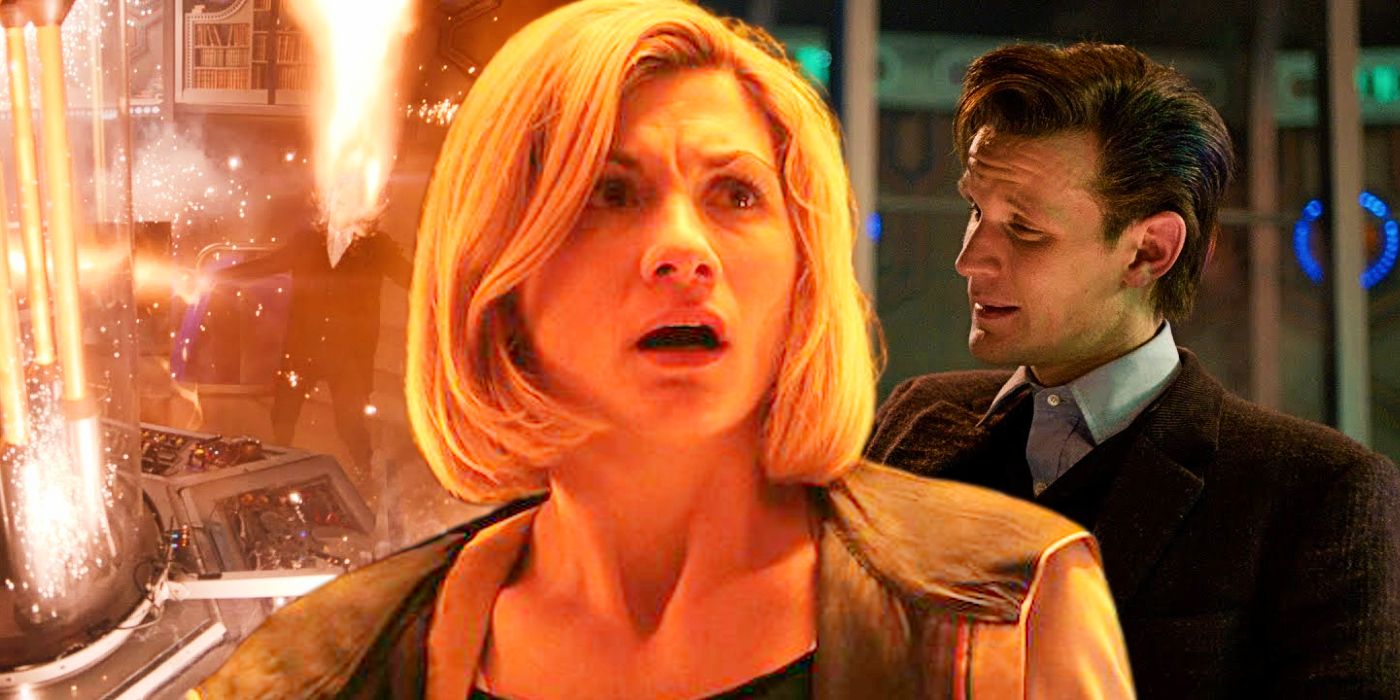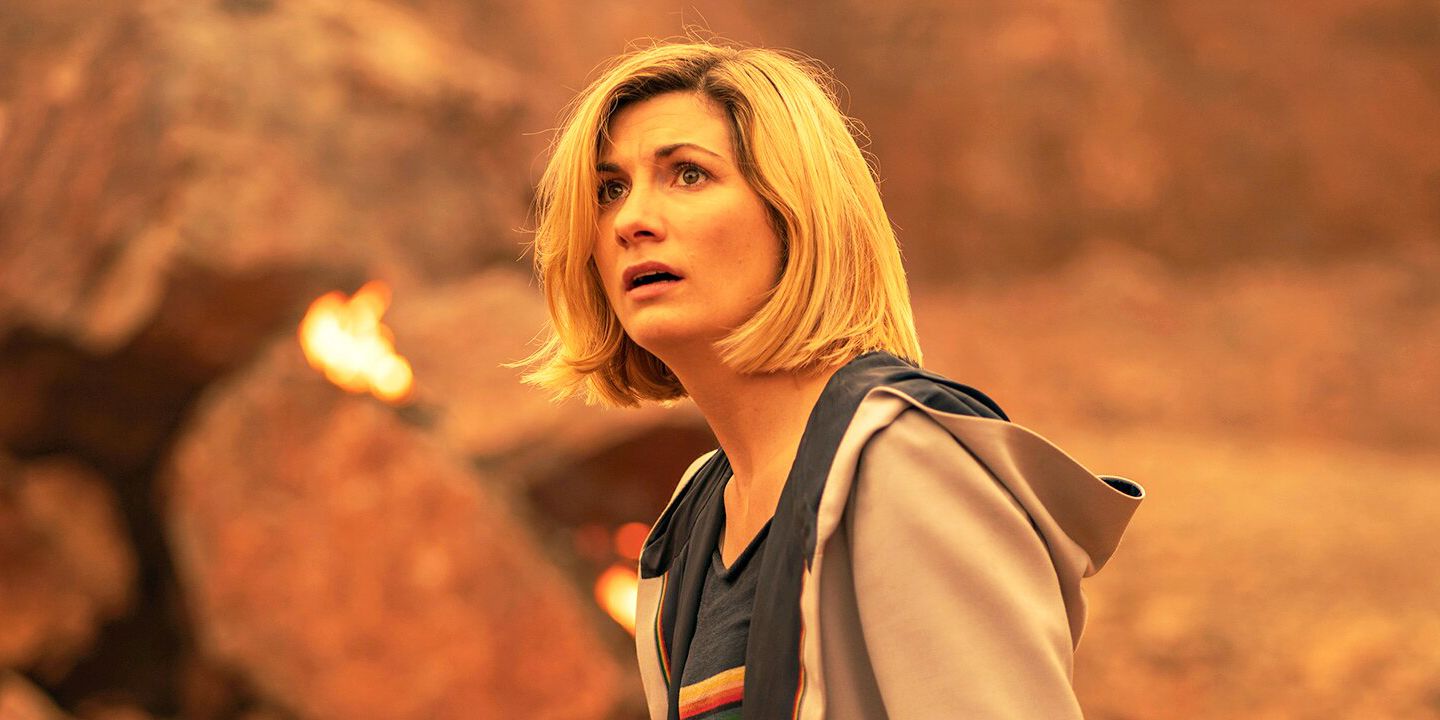Jodie Whittaker will leave Doctor Who after season 13 and a series of 2022 specials, which means she'll continue one tradition while another is broken. Having regenerated into the TARDIS back in 2017 to replace Peter Capaldi, Whittaker has continued in the role of the Thirteenth Doctor through full seasons of the show so far, as well as a trio of New Year's Day specials. Whittaker isn't done just yet, as she has nine more episodes to go, but then she will be leaving the show behind.
As announced on July 29, 2021, Whittaker is leaving Doctor Who alongside showrunner Chris Chibnall, under whom she joined the show in the first place. The Chibnall era of the show has proved divisive for its approach to canon and continuity, but Whittaker's take on The Doctor has generally been well-received, and rightly so. Of course, it's an accepted part of the job description that playing The Doctor cannot last forever, but Whittaker's exit follows a curious trend for actors who take on the role of the Time-Lord.
Specifically, Whittaker will leave Doctor Who after three seasons, which is the same number all of the other modern Who actors have lasted with the exception of Christopher Eccleston (who stayed for just one). Matt Smith and Peter Capaldi both had three full seasons on Doctor Who alongside the usual seasonal specials, while David Tennant was, like Whittaker, given a string of additional specials in order to give him a proper send-off. This isn't just applicable to modern actors though, as several Classic Who stars, including William Hartnell, Patrick Troughton, Peter Davison, and Sylvester McCoy. There are varying reasons for each departure, but it means there's enough for it to feel like something of a rule, and one that Whittaker is sticking to.
It's easy to see why three is the magic number for Doctor Who actors. again, there were variable reasons (Hartnell left due to health issues, for instance), but generally speaking three seasons gives the current occupant of the TARDIS a full go of things, without risking the show becoming too stale, since regeneration is a core part of The Doctor's character. It also makes sense from the point-of-view of the actor: Doctor Who is a demanding show, physically, mentally, and emotionally, and leaves little room for taking on other parts, so a three-year stint is likely enough for many to get the full experience, and then feel ready to move on, allowing the actor to bow out and the show to freshen up once again.
Interestingly, though, Whittaker's departure also comes alongside showrunner Chris Chibnall, which breaks tradition of the modern Doctor Who era. Russell T. Davies continued after Eccleston's departure, instead leaving alongside David Tennant in 2010. Likewise, Steven Moffat stayed on after his first Doctor, Matt Smith, had exited, only bidding farewell alongside Peter Capaldi. Chibnall and Whittaker, then, are the first showrunner/actor combination in Doctor Who since its revival in 2005 to enter and leave the series at the same time, which likely speaks to their close working relationship, as well as the overall need for something completely new after season 13 and the specials.


